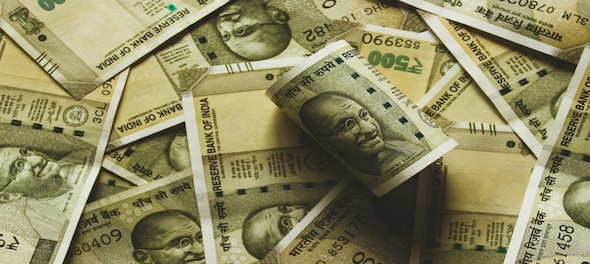
In a recent decision, the government has opted to retain the interest rate at 7.1 percent for subscribers of the General Provident Fund (GPF) and other similar funds. This rate will be applicable for the July-September quarter of 2023. Notably, the 7.1 percent interest rate also extends to various government-run provident funds, including the Contributory Provident Fund (CPF), All India Services Provident Fund, Armed Forces Personnel Provident Fund, and State Railway Provident Fund, among others.
Live TV
Loading...
These provident funds serve as savings schemes designed to foster a reliable retirement corpus, enabling investors to enjoy benefits upon maturity. Within the country, there are primarily three types of provident fund accounts available. These include the Employees' Provident Fund (EPF), General Provident Fund (GPF), and Public Provident Fund (PPF).
The EPF serves as a mandatory retirement savings option exclusive to salaried individuals in the organised sector. Contributions to this fund are made by both the employee and the employer. On the other hand, the GPF account is solely dedicated to government employees.
Meanwhile, the Public Provident Fund (PPF) account primarily focuses on retirement investments and holds an EEE (Exempt-Exempt-Exempt) tax status. While participation in this scheme is not mandatory, it is available to all resident Indians.
Interest rates of these schemes
As for the current interest rates of these schemes, members of the Employees' Provident Fund Organization (EPFO) currently enjoy an interest rate of 8.15 percent on their EPF deposits. The GPF is currently offering a 7.1 percent interest rate in the present quarter, and the interest rate on the PPF remains unchanged at 7.1 percent for the current quarter.
While the government recently announced an increase in interest rates for some small savings schemes by up to 30 basis points (bps) for the July-September quarter, no such adjustment has been made for the PPF.
Maturity period
Regarding the maturity periods, the EPF reaches maturity when the subscriber reaches the age of 58 years. The GPF, on the other hand, matures upon retirement, while the PPF has a maturity period of 15 years.
Premature closure
In terms of premature closure, the EPF allows premature closure only after two months of unemployment, and for the GPF, premature closure is permitted only upon leaving government service. The PPF allows premature closure after five years under specific conditions, such as medical reasons or a child's education.
Tax exemptions
In terms of tax exemptions, withdrawals from the EPF account after five years of its creation are tax-exempt. The GPF, being a tax-free retirement-cum-savings scheme, also offers tax benefits. In the case of the PPF, annual deposits made towards the account are eligible for tax exemption up to Rs. 1.5 lakh under Section 80C of the Income Tax Act.
Here's a summary of comparison of these schemes:
| Criterion | GPF | EPF | PPF |
| Eligibility | Only govt employees | Only the organised sector | All resident Indians |
| Interest Rate | 7.1% | 8.15% | 7.1% |
| Maturity Period | Age of retirement | Age of 58 years | 15-year term |
| Premature Closure | On leaving govt service | On 2 months of unemployment | After 5 years on medical grounds and children’s higher education |
Check out our in-depth Market Coverage, Business News & get real-time Stock Market Updates on CNBC-TV18. Also, Watch our channels CNBC-TV18, CNBC Awaaz and CNBC Bajar Live on-the-go!


Delhi CM Kejriwal meets AAP MLAs for first time after being released on bail
May 12, 2024 10:01 AM
Telangana Lok Sabha elections 2024: Asaduddin Owaisi to Bandi Sanjay Kumar, a look at key candidates
May 11, 2024 3:32 PM
Lok Sabha elections 2024: Hyderabad to Kadapa, key seats in fourth phase
May 11, 2024 2:54 PM
Telangana Lok Sabha elections 2024: List of BRS candidates
May 11, 2024 1:55 PM

